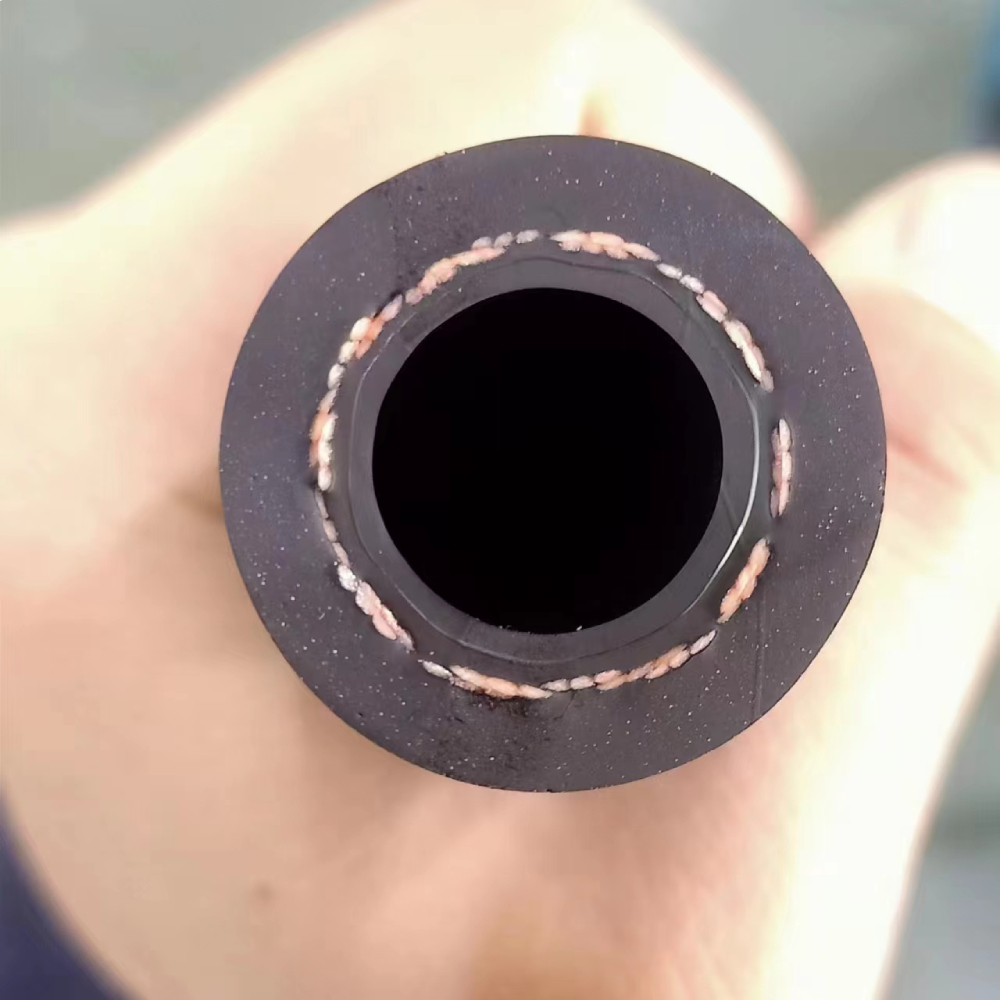High-Performance Oil Hose Solutions for Your Automotive Needs
Sep . 30, 2024 06:24 Back to list
High-Performance Oil Hose Solutions for Your Automotive Needs
Understanding the Importance of Oil Hoses in Automobiles
Oil hoses play a crucial role in the functioning and maintenance of automobiles. As vehicles have become more advanced, the design and materials used in oil hoses have evolved to keep pace with the demands of modern engines. This article delves into the significance of oil hoses in cars, their types, and the importance of maintaining them for vehicle longevity and performance.
What is an Oil Hose?
An oil hose is a flexible tube that transports oil from one part of the engine to another. It is essential for various functions, including delivering engine oil to the oil pump, supplying lubricating oil to critical engine components, and facilitating the transmission of oil between the oil filter and the engine. Due to the extreme conditions in which these hoses operate, they are designed to withstand high temperatures, pressure fluctuations, and exposure to harmful chemicals.
Types of Oil Hoses
There are several types of oil hoses found in cars, each designed for specific functions
1. Pressure Oil Hoses These hoses transport oil under high pressure from the oil pump to the engine components that require lubrication. They must be robust and reliable to prevent leaks that could lead to catastrophic engine failures.
2. Return Oil Hoses After oil has circulated through the engine, it returns to the oil pan via return oil hoses. These hoses are generally under less pressure than pressure oil hoses but still need to be durable to prevent leaks.
3. Oil Cooler Hoses In engines equipped with oil coolers, there are specific hoses that route oil to and from the cooler. These hoses help maintain optimal operating temperatures, which is crucial for engine efficiency and longevity.
oil hose car

4. Turbo Oil Hoses For vehicles with turbocharged engines, special oil hoses are used to supply and return oil to the turbocharger. Due to the high temperatures generated by turbocharging, these hoses are constructed from materials that can withstand extreme conditions.
Importance of Maintaining Oil Hoses
Regular maintenance of oil hoses is vital for several reasons
1. Preventing Leaks Over time, oil hoses can degrade due to heat and pressure, leading to leaks. A leaking hose can cause a drop in oil levels, resulting in insufficient lubrication of engine components, potentially leading to engine wear or failure.
2. Safety A failure in an oil hose can lead to oil spills under the vehicle, creating a slipping hazard and contributing to environmental pollution. Regular checks can help identify any wear or damage before it becomes a serious safety issue.
3. Performance Properly functioning oil hoses ensure that oil is delivered efficiently throughout the engine. This leads to better performance, improved fuel efficiency, and a smoother driving experience.
4. Cost-Effective Replacing an oil hose is significantly cheaper than repairing engine damage caused by a failing hose. Regular inspection and timely replacement of worn hoses can save car owners money in the long run.
Conclusion
Oil hoses are indispensable for the proper functioning of automotive engines. They ensure that oil is efficiently circulated, lubricating and protecting critical components. Understanding the types of oil hoses and their functions is essential for car owners and enthusiasts alike. Regular maintenance, including inspection and replacement of worn hoses, contributes to the safety, performance, and longevity of a vehicle. By taking care of these crucial components, drivers can enjoy a reliable and efficient driving experience for years to come.
